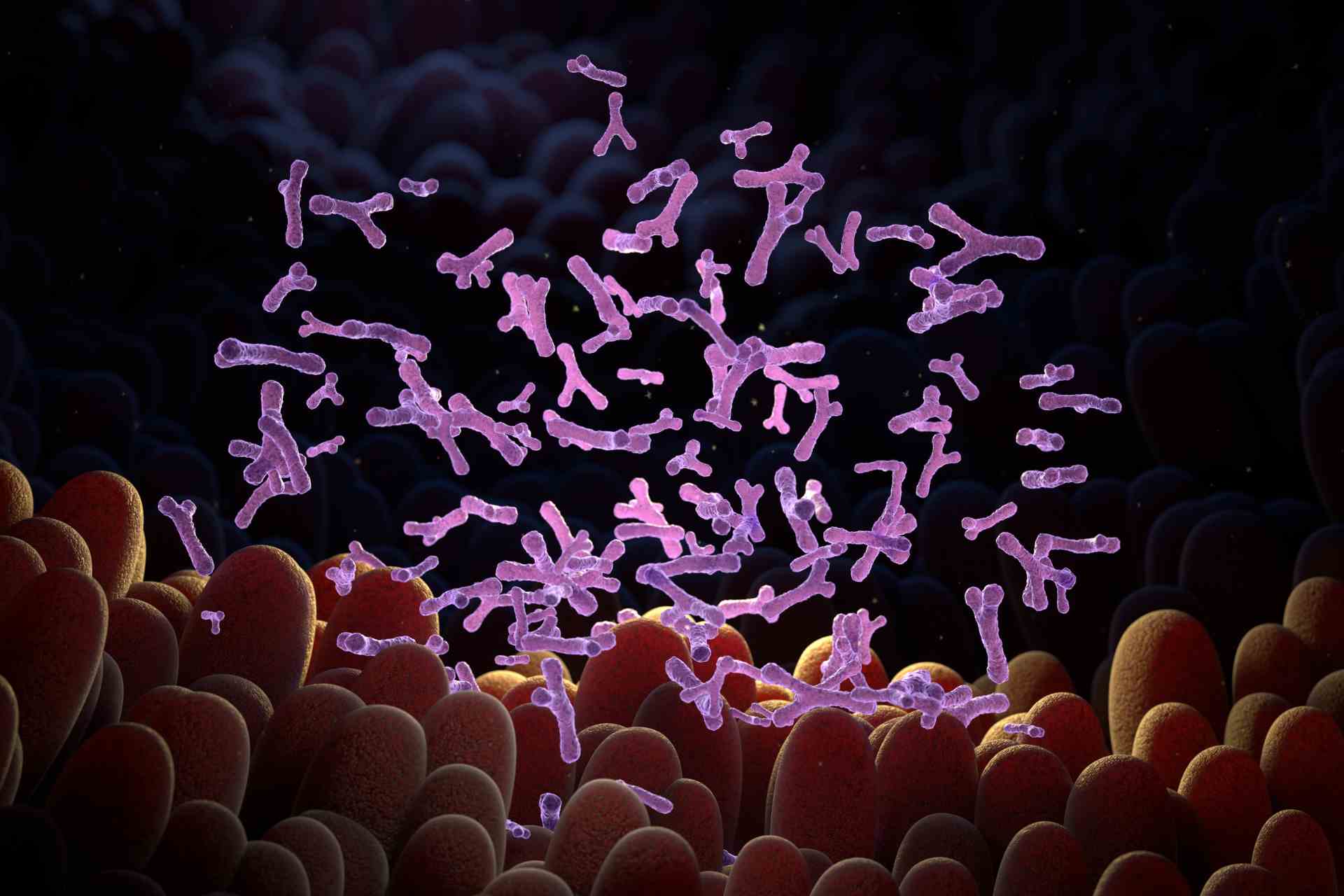Bifidobacterium, a group of beneficial gut bacteria, are present across many animal species and play key roles in health. A new study explored Bifidobacterium diversity across dozens of animal species, revealing how these microbes adapt to distinct hosts.
The findings, published in Cell Host & Microbe, could pave the way for targeted therapies such as customized probiotics and diet-based interventions.
Scientists have known that some Bifidobacterium species can live in many hosts, while others are more specialized. But while studies suggest that closely related hosts tend to have similar gut microbes—likely due to co-evolution over time—a detailed understanding of how specific Bifidobacterium strains evolve and function across different hosts is lacking.
Magdalena Kujawska at the University of Birmingham, UK, and her colleagues set out to study Bifidobacterium in 126 animal species across mammals, birds, reptiles, and insects.
Microbial patterns
The researchers analyzed gut microbes from 219 fecal samples and found that different animal groups showed distinct microbial patterns, influenced by evolution and diet.
For example, mammalian carnivores shared similar gut microbes with birds of prey, and certain primates, including tamarins and marmosets, had particularly high levels of Bifidobacterium.
A closer analysis of 62 mammal and 38 bird species revealed that mammal gut microbes are more influenced by host evolution than bird microbes. The researchers could trace shifts in microbial communities in ancestral species and found patterns tied to diet and lifestyle, with carnivorous mammals and birds having high levels of Clostridiales and Enterobacteriales bacteria, and primates showing increases in Bacteroidales.
Diverse functions
Bifidobacterium species associated with mammals carry enzymes for breaking down complex sugars, transporting nutrients, and making vitamins, while insect-associated strains focus on simpler sugars needed for energy production, the team found.
Similarly, primates had the most diverse set of carbohydrate-digesting enzymes, especially those that break down host-derived sugars, and insect-associated strains had the fewest and simplest enzymes.“This research significantly broadens our understanding of the evolutionary biology and functional ecology of Bifidobacterium,” the authors say. “Future research should explore how dietary and ecological components influence microbiota across hosts, enhancing our understanding of gut microbiota dynamics and their functional roles in health and disease.”









